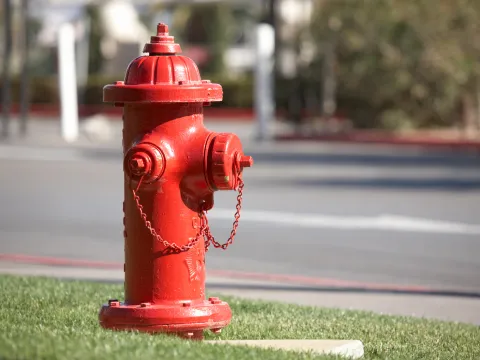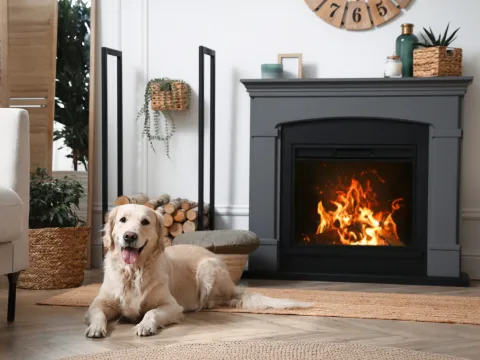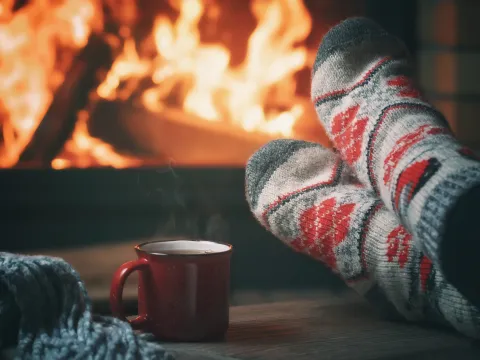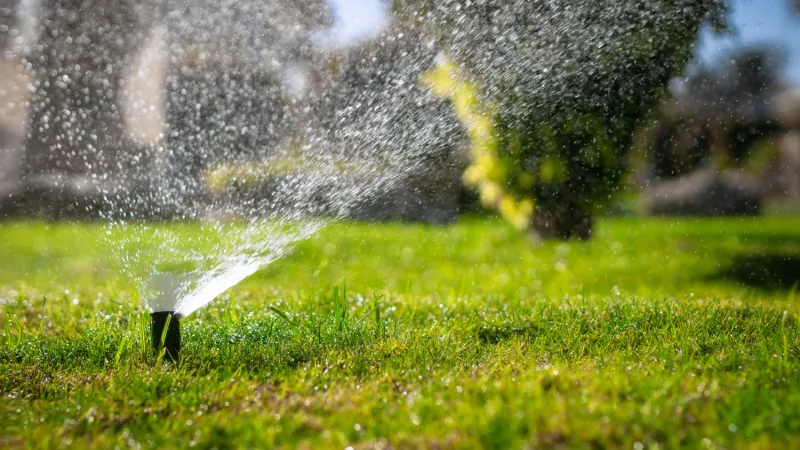
How-To Protect Your Home Against Fire Hazards and Forest Fires This Summer
Summary
Reading Time
6 min
According to Statistics Canada, there were 10,819 residential fire incidents across Canada in 2021. These residential fires can be the spark to the wildfires that destroy ecosystems, communities, and much more. If you live in a wildfire-prone area, or even if you don’t, here are some delightfully simple ways you can protect your home against fire hazards and forest fires.
OUTDOORS
Let’s explore the outside world first. There are things outside of your home that can safeguard your home from fire hazards and forest fires that many homeowners and tenants don’t consider. Let’s start with the easier ones first:
- Keep your front and back lawns healthy and watered.
Dry grass makes fires spread. While there are so many grassy areas out there that are out of your control, your own lawn and green spaces are not. Depending on your region and proneness to wildfires, your area may have regulations in place for how often you should water. If not, we recommend doing so regularly and not at the warmest parts of the day to ensure that as much water is absorbed into the soil and not wasted through evaporation. As far as lawn care goes, FireSmart Canada has outlined helpful tips on how to keep your weeds and grass cut. - Monitor forest fire websites and applications.
Knowing where the nearest forest fire is can help you prepare emergency supplies, take action, or develop an emergency evacuation plan. A helpful resource is the Government of Canada’s Natural Resources Canada Interactive Map. - Follow outdoor fire and open flame guidelines.
This includes fire bans, properly putting fires out with water, and how to dispose of flammable items properly. To avoid fires from getting out of hand and be able to have them year-round, we recommend never leaving fires unattended—even for a few minutes—or to have propane-powered fire tables. These can be extinguished in an instant, do not give off too much heat, and are controllable. - Keep your outdoor spaces tidy.
Loose leaves, trash, newspapers, or any other material that can catch fire easily should be disposed of in their correct waste bins.
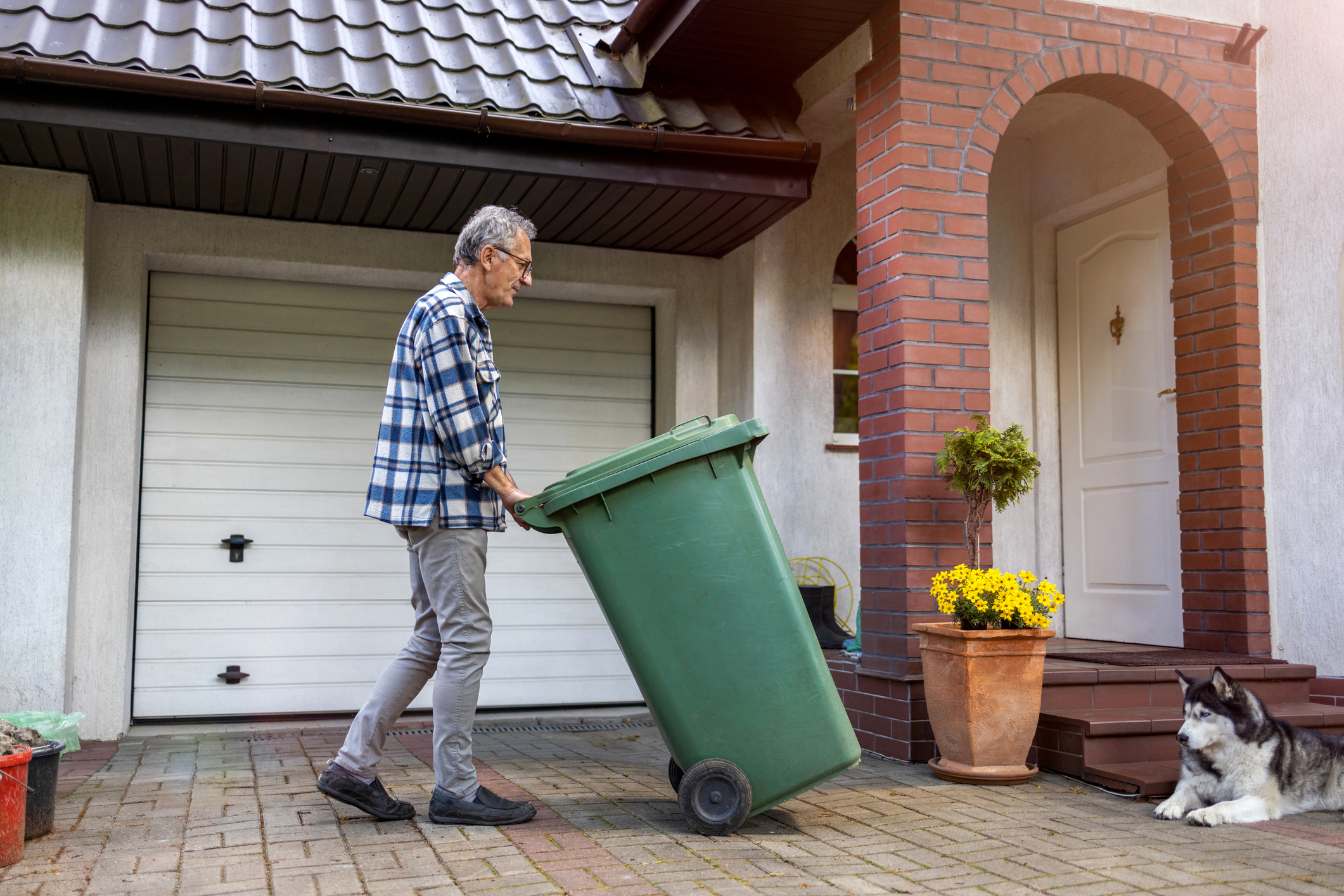
- Use your home’s irrigation system to your advantage.
What we mean by this is, more specifically, your home’s drainage system. This can help divert water from your home and redirect it to drier areas on your property. For some help, check out our article, Don’t Let Your Home Drainage System Work Against You. - Use designated outdoor smoking areas.
These public smoking areas are designed to consider surrounding factors and facilities like habitats, environmental conditions, and more. Be sure to ask around or look for appropriate signage when smoking in a new location.
INDOORS
- Storage and sentimental items.
If you live in a forest fire area, you may already have this down-packed. If not, we recommend keeping all your precious and sentimental items in one location. Why? Well, if you need to grab them in a hurry, you know where you can gather them all. If you have sentimental items that you don’t keep on display, like that antique cheese grater collection you got from your aunt Mildred, store them in a tote that can be transported if things go awry. This makes precious items easy to grab and go. - Have an emergency travel kit.
If you need to evacuate, having an emergency kit on hand that’s in a fire-proof metal box can change your life. We recommend packing clothes, toiletries, towels, important documents, anything that has priceless value to you, and emergency supplies in your kit. For some tips on which emergency supplies to include, check out our article, “Cabin and Cottage Safety: Preparing for Emergencies in Remote Locations.“ - Unplug inessential items.
It’s delightfully simple—if you’re not using them, turn them off. If you’re not at home, unplug them. Space heaters, lamps, and lights can overheat and are the root cause of many home fires. Learn how to manage your space heaters in the safest way possible with 4 Space Heater Safety Tips. - Don’t overload outlets.
Electrical fires commonly start with something as simple as this. Make sure your electrical devices are evenly acquiring power throughout your home.
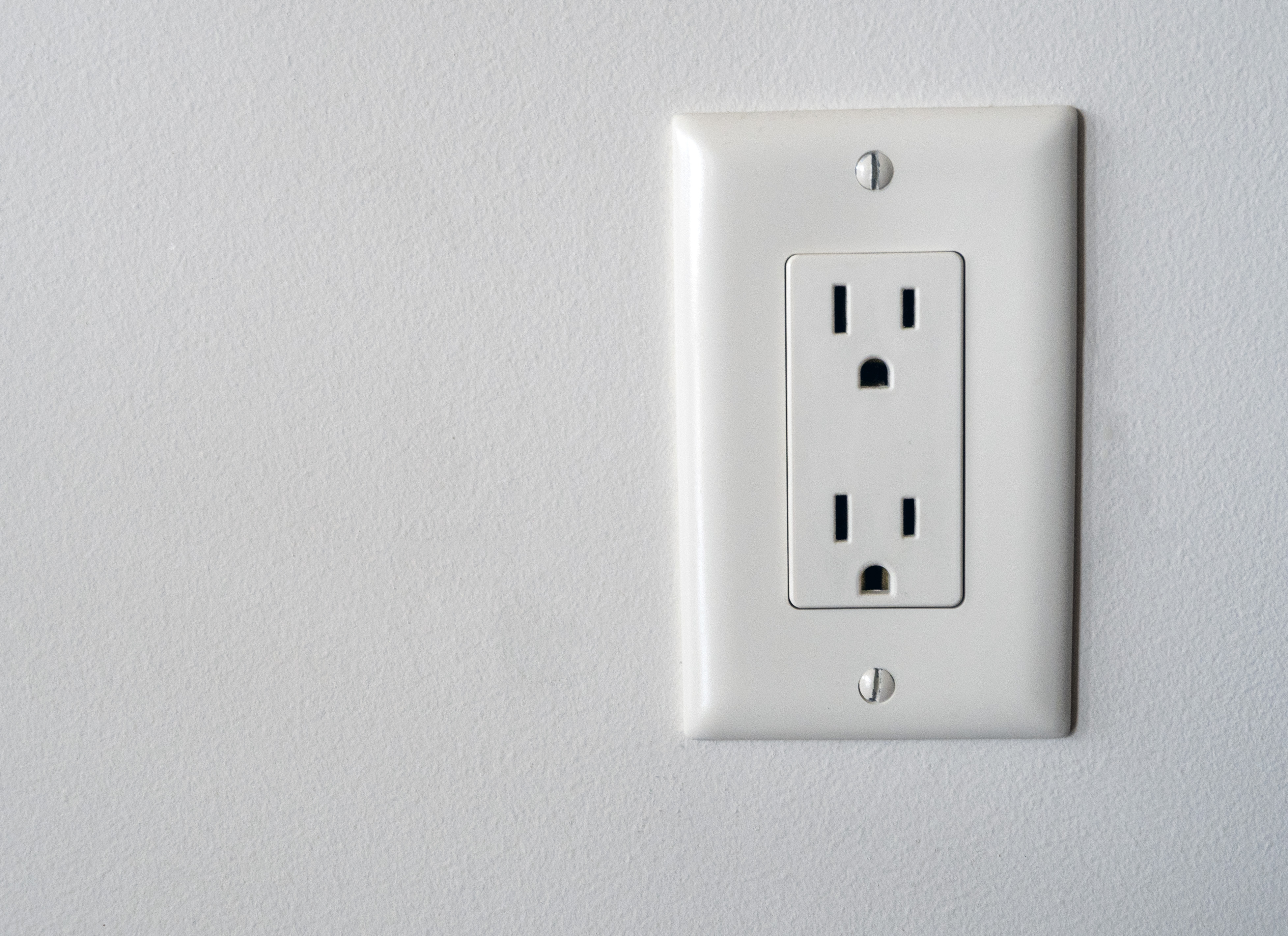
- Fire extinguishers.
Need we say more? We recommend having a fire extinguisher in every room in your home that has a heating element. - Fireplaces and wood stoves.
This is where things can get out of hand. It sure is nice to have a cup of hot cocoa by the fire, listening to the crackle and pop… until it isn’t so nice, and now your mantle is scorching in flames. Good thing you have a fire extinguisher in every room with a heating element, and you can put it out, right? In case you need to turn to alternative measures or you want to prevent losses altogether, we’ve got just the thing: “Fireplace and Wood Stove Safety.” - Smoke detectors.
Let’s be real, no one can deny the resourcefulness of having smoke detectors in your home and on each floor. Just remember to test them now and then! - Candles.
Trimming your wicks, burning them for short periods, and staying at home when they’re lit are the simple things to note when preventing candle flames from getting out of hand. Trust us, you’ll notice when that pumpkin spice scent gets a little too strong. Check out our “7 Candle Safety Tips” for the things you might not know are key to preventing fires in your home.
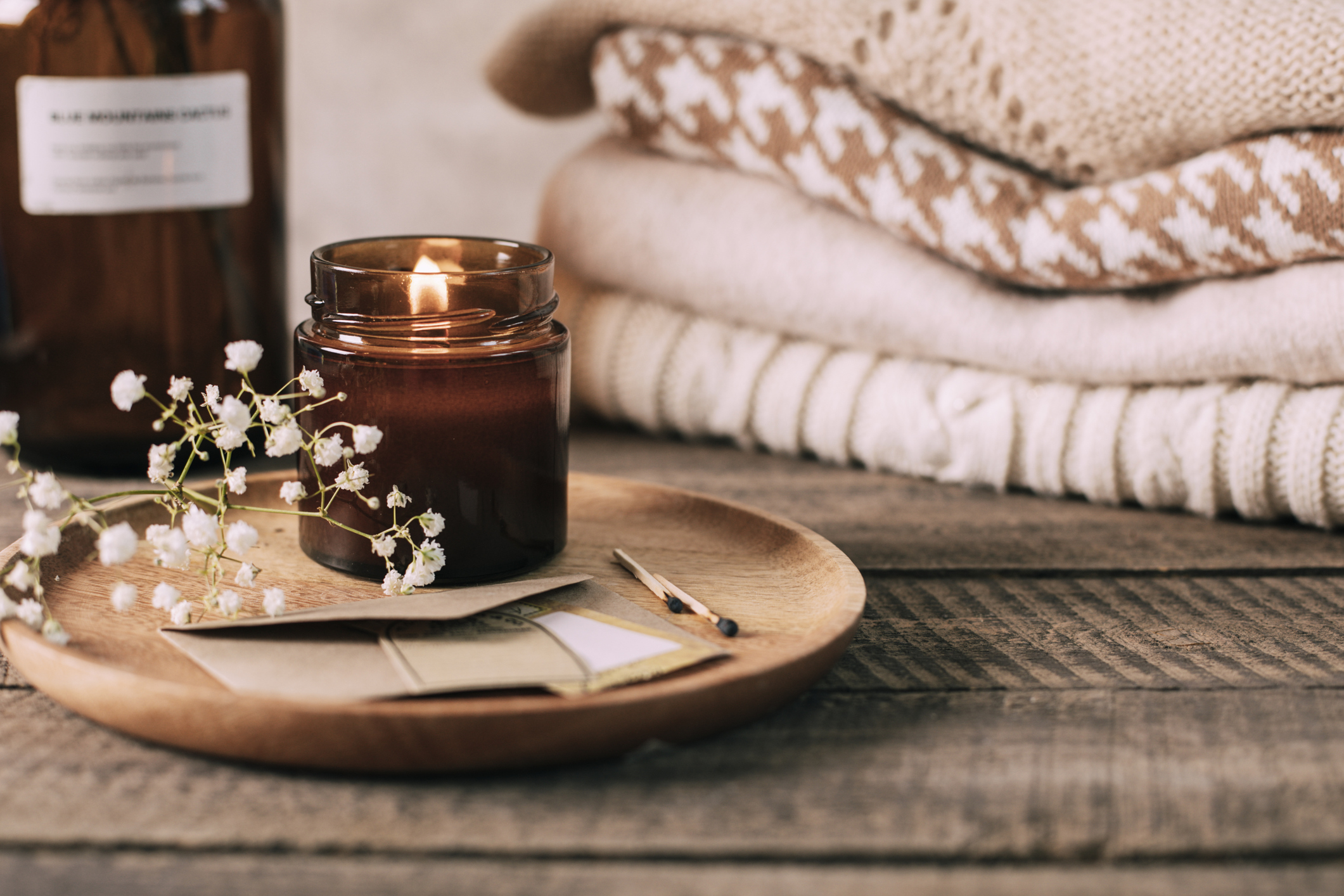
- Update your inventory.
If things get stolen and you have property insurance coverage for your belongings, documented evidence always helps to speed up the process and provide records of your contents. Before you embark on a trip, take photos and videos of your belongings. You can’t remember everything, so being able to prove that you owned all these valuables right before you left will help greatly with your claim.
In 2023, the fire season was the worst ever recorded in Canada, so no matter how diligent you are with following fire safety precautions, your weird neighbour might not be. So, if your home receives any damage from a fire, you have to know the actions you need to take… and the actions you have to leave to the professionals. The fire department, first responders, and, of course, claims adjusters. But those claims adjusters only come along with Property Insurance on your home, condo, cabin and cottage, and more in Saskatchewan, Alberta, and Manitoba. Protect your most valuable building investment and all the contents inside with Property Insurance by Sandbox by getting in touch with a Sandbox insurance broker for a quote.
Please note that the information in this article may not accurately reflect your insurance policy from Sandbox Mutual Insurance or another insurance company. Please refer to your policy or talk to your broker about your specific coverages.

FAQ'S
How often should I test my smoke alarms?
At least once a month! Think of it like a tiny wellness check for the devices that could save your life. A quick tap of the test button ensures the sensors are working, the batteries aren’t on their last breath, and your home is prepared long before smoke ever becomes an issue. Plus, it’s the only time a loud beep in your home is actually a good thing.
What’s the most important thing I can do to fire-proof my yard?
Keeping your grass healthy and your yard tidy does more than boost curb appeal—it reduces how fast flames can spread. Dry grass, loose debris, and forgotten leaves can turn into kindling, so regular mowing, watering, and clearing make a huge difference. It’s simple, but it’s one of the best defences between your home and unpredictable prairie wildfire conditions.
Should I really unplug things when I’m not using them?
YES—your outlets will thank you! Small appliances like space heaters, lamps, chargers, and countertop gadgets can overheat or spark when left plugged in. Unplugging when you leave home (or even overnight) is one of the easiest fire-prevention habits to build—and it might even shave a few dollars off your power bill.

